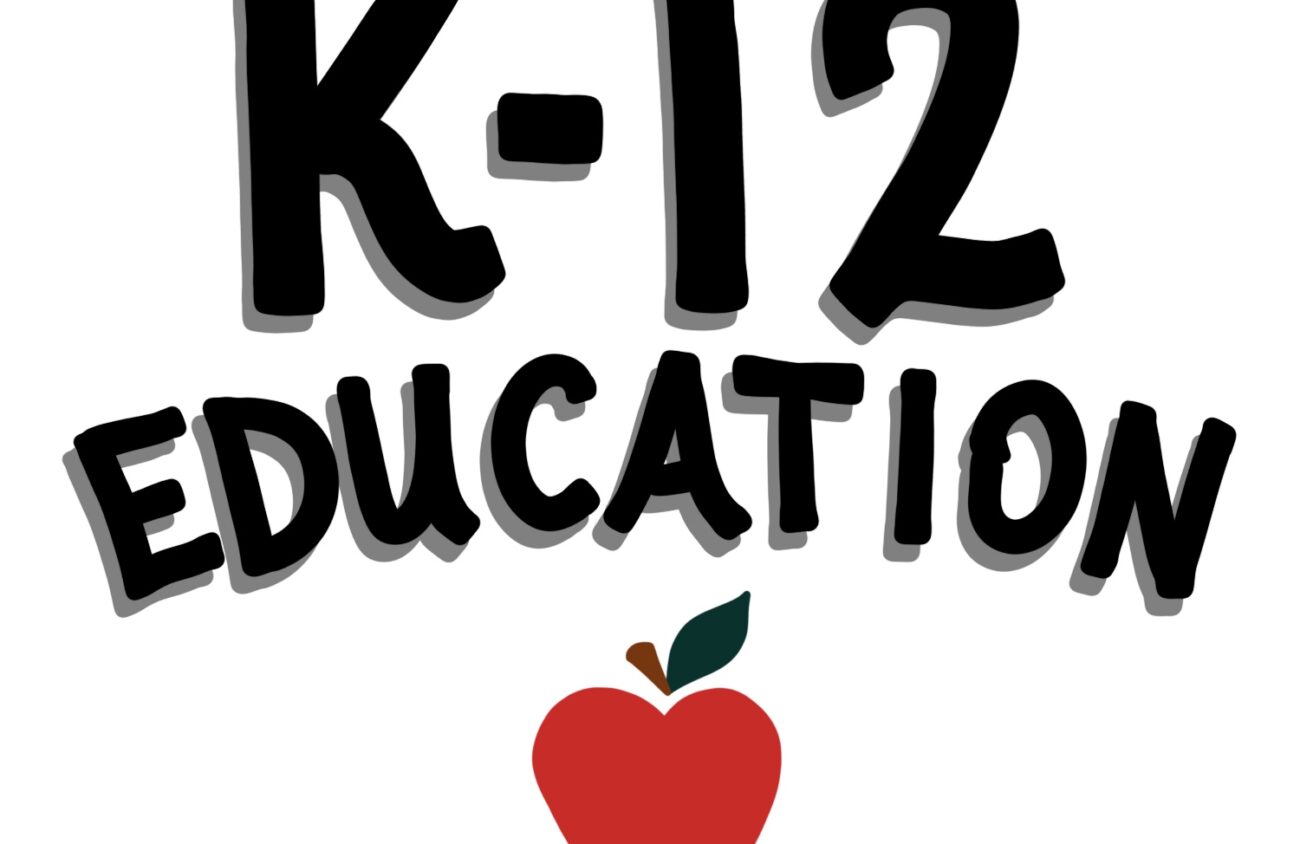As June marks Pride month, a time dedicated to the celebration of the LGBTQIA+ community, 4J school district is moving out of a May marked by bigoted, homophobic and racist public comments made during the month’s school board meetings.
Indigo Amarys, Education Equity & Community Justice organizer for the Community Alliance of Lane County (CALC), says that she watches every school board meeting, and comments of this nature are often made here and there. It’s the sheer number in the month of May that concerns her.
On May 3, a community member opened his statement to the board with criticism of phrases such as “Black Lives Matter” and “2SLGTBQIA+,” phrases that CALC writes are identity-affirming. And on May 17, a community member said concerns for trans people are being prioritized over concerns for women, citing her daughter being placed in a hotel room with nonbinary students during a school trip. She went on to voice her concerns about trans students’ presence on sports teams.
At that same meeting, a co-founder of the right-wing Kids 4 Success PAC Ibra A. Taher spoke out against “ideologies” being pushed in 4J schools, specifically referencing the phrase “be gay” being seen by his child while in school.
An increase in this kind of commentary has also occurred outside 4J. Kelly Mason, a Springfield School Board member, says that while few public comments have been made in Springfield meetings overall this year, one made in May sticks out to her. Mason says she remembers the grandparent of a student speaking about elementary children being indoctrinated, Springfield’s “conservative family values” and not appreciating inclusivity.
Mason later learned that the grandchild’s school had put on a spirit week, and one of the days was “rainbow day.” “She felt that was too inclusive for her grandchild,” Mason says.
In that same meeting, Mason says a group of individuals were speaking in Spanish directly to the board, and a translator was present. She says she saw the woman who had made the anti-LGBT comment was visibly upset by the use of Spanish, and was making noticeable faces.
Though it isn’t entirely clear what the cause is behind an increase in this kind of commentary and vitriol, Mason posits it might have something to do with Republican candidates recently being announced for the presidential election, or the recent school board election.
Similarly, Amarys thinks the increase might have to do with school board election results, and that those whose candidates lost after running on right-wing ideologies might feel the need to show up and speak out.
In response, CALC distributed a call to action encouraging community members to show up in support of BIPOC and LGBTQIA+ students at the June 7 4J School Board meeting.
“Public comment can be used to spread misinformation and harmful narratives, and it has been, and if we let that go unchallenged or undisputed, then that’s the only thing that folks are seeing being brought to the school board,” Amarys says. “And obviously, that’s not where everyone stands. We see in election results, we see in the things that are funded, we see all of these things.”
At the meeting, outgoing 4J board member Gordon Lafer sported a shirt with a rainbow flag on it, and five community members spoke out in support of trans and queer students, as well as students of color.
“If you are among the people who don’t think that 4J should be supporting this, it is entirely possible that if you have kids, your kids could be queer,” one 4J parent said. “Those kids hear you — they hear what you’re saying, they hear you talking. And they are hiding from you now.”
At the same meeting, one speaker made a comment opposing gender-inclusive language, the concept of systemic racism and the 4J Pride Festival that was held on June 2.
The audience became restless following this speaker’s time, and at the end of the public comment’s section of the meeting, The Register-Guard reported that one person was escorted out of the district office, which EW confirmed with the district.
In thinking about what’s at stake from this kind of rhetoric, Amarys says it goes beyond the public comments. This could make people feel emboldened to post hateful comments in online spaces, or make students feel unsafe in other ways. She says it’s also important to note that rates of bullying, violence and suicide are significantly higher in trans, queer and otherwise marginalized populations. This contributes to that.
“Really, what I want is for marginalized students and all students to feel valued and celebrated,” Amarys says. “This feels like folks that don’t have an investment in that want to take that away.”
CALC’s SAfER program (Springfield Alliance for Equity and Respect) works with public schools for greater safety and equity for all students, staff and families and with Springfield officials to advocate for greater diversity and cultural understanding among city employees and a stronger city role in promoting an inclusive community. And the Springfield School District has an Office of Equity and Inclusion.
Eugene’s School District 4J has an Gender Sexuality Alliance Affinity Group for students interested in advancing inclusivity in the LGBTQ school community.
This story was developed as part of the Catalyst Journalism Project at the University Of Oregon School of Journalism and Communication. Catalyst brings together investigative reporting and solutions journalism to spark action and response to Oregon’s most perplexing issues. To learn more visit CatalystJournalism.uoregon.edu or follow on Twitter @uo_catalyst.
